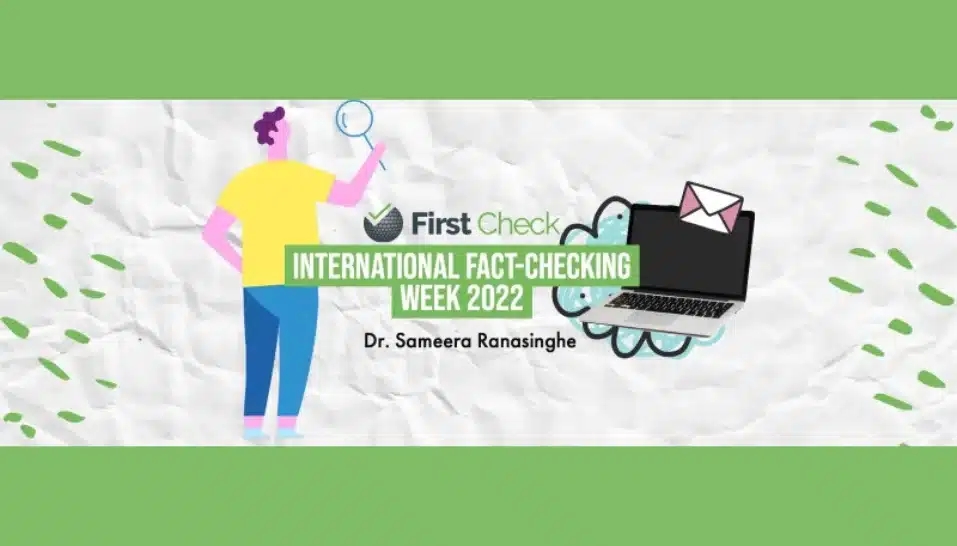The health misinformation crisis won’t end with the pandemic. It’s important for healthcare professionals to be well-versed with fact-checking.
Information, which was a rare commodity, in the 18th and first part of the 19th century, has become abundant with the development of media. Today, information is available at the tip of our fingers. And this has led to an infodemic, a tsunami of sorts, where the flow of information is so heavy that we struggle to process it.
As these information waves wash the shores of our health systems, it’s not only scientific facts but also misinformation and disinformation that we need to cope with. We witnessed this most recently during the COVID-19 pandemic.
The so-called facts are mostly attributed to some scientific or medical organizations. The rumours ranged from fear mongering about the pandemic to myths about vaccinations. Even medical professionals find it challenging to discern evidence-based conclusions. The consequences of such misinformation can be devastating. It can result in adherence to unhealthy measures and immense casualties due to wrong management strategies.
The healthcare and scientific community has to step up the fight against misinformation by adopting the weapon of fact-checking. Even if it means calling out their own colleagues, who are wittingly or unwittingly misleading the public.
The health misinformation crisis won’t end with the pandemic. It’s important for healthcare professionals to be well-versed with fact-checking. Although it might take few valuable minutes of a professional’s busy schedule to fact-check a social media post, it can save quite a few lives in the long run.
(The author is a First Check member and a doctor in community medicine at the Ministry of Health, Sri Lanka.)

















